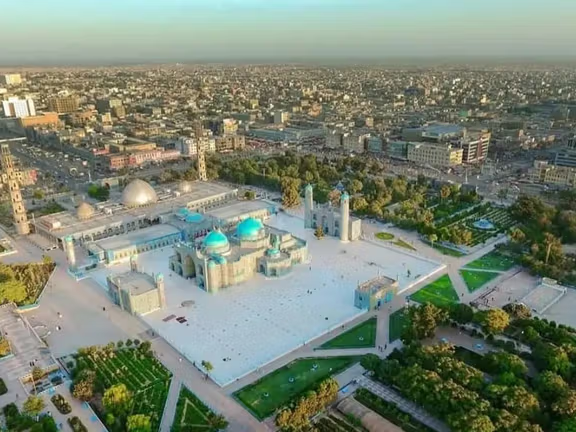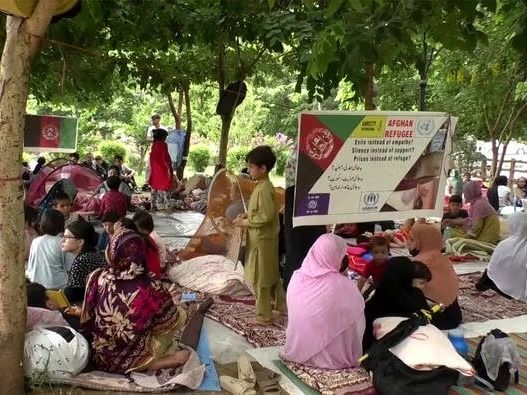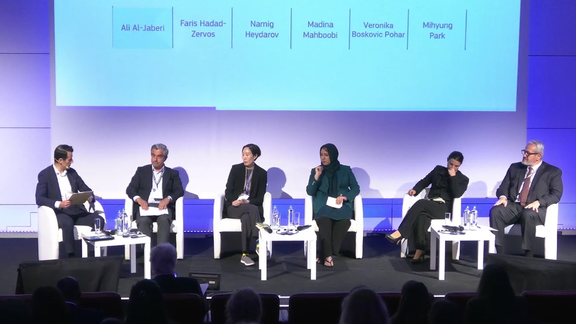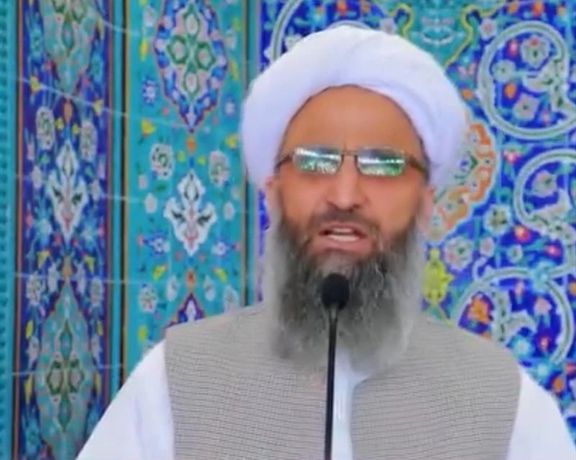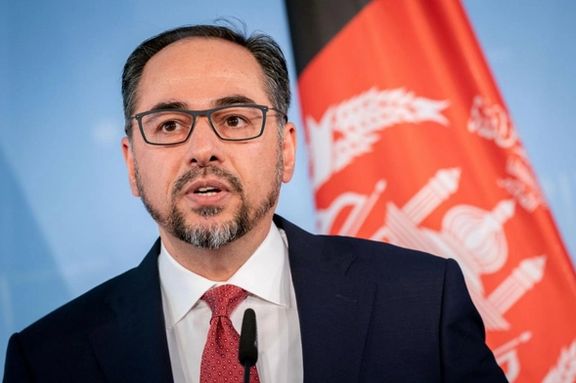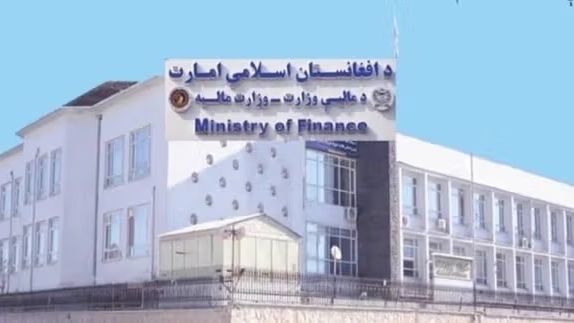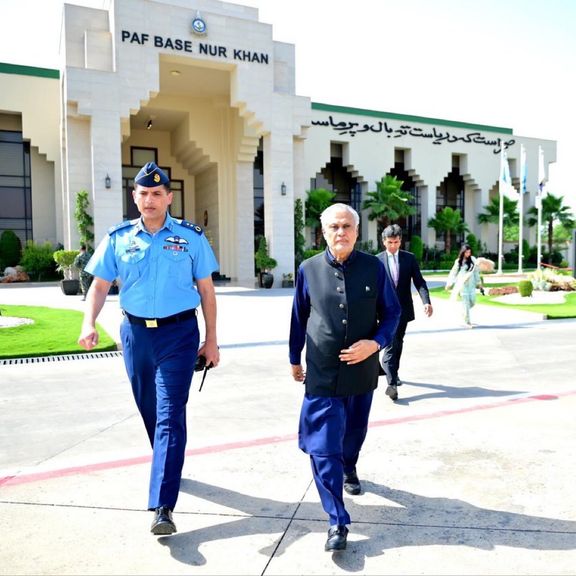He warned that such practices would lead to the downfall of any Islamic system.
According to local sources, Taliban forces attempted to arrest Maulawi Qahir following the sermon but were met with resistance from worshippers, who chanted "Death to the Taliban" inside the mosque.
Eyewitnesses told Afghanistan International that during the closing moments of the sermon, Maulawi Obaidullah, head of the Taliban’s Directorate for the Propagation of Virtue in Balkh, entered the mosque courtyard accompanied by armed special unit forces and three military vehicles. Tensions escalated as Taliban members confiscated recording devices and detained several attendees amid strong opposition from the congregation.
Maulawi Qahir’s outspoken criticism of Taliban policies is not new. During the Taliban’s Loya Jirga, he openly condemned the group, stating: "Territory can be seized with suicide bombers and car bombs, but not people’s hearts."
His case echoes that of other independent religious scholars who have voiced dissent during nearly four years of Taliban rule. Many such clerics have faced detention, harassment, or have been forced to flee the country.
Among them is Abdul Salam Abed, a well-known cleric who urged Taliban members to disobey their leadership. After denouncing Taliban leaders following a bombing in Kabul, Abed was injured and later sought refuge in Türkiye.
In his final sermon at the Abdul Rahman Grand Mosque, Abed condemned the silence of clerics in the face of Taliban repression: "They fired people from their jobs and we stayed silent. They issued bizarre decrees and we remained silent. We didn’t criticise, hoping they’d improve."
Abed stressed that he could no longer remain quiet while the nation suffered, concluding: "Under the previous regime, everyone was included except the Taliban, and the government still fell. Now it’s only the Taliban, and no one else.”
